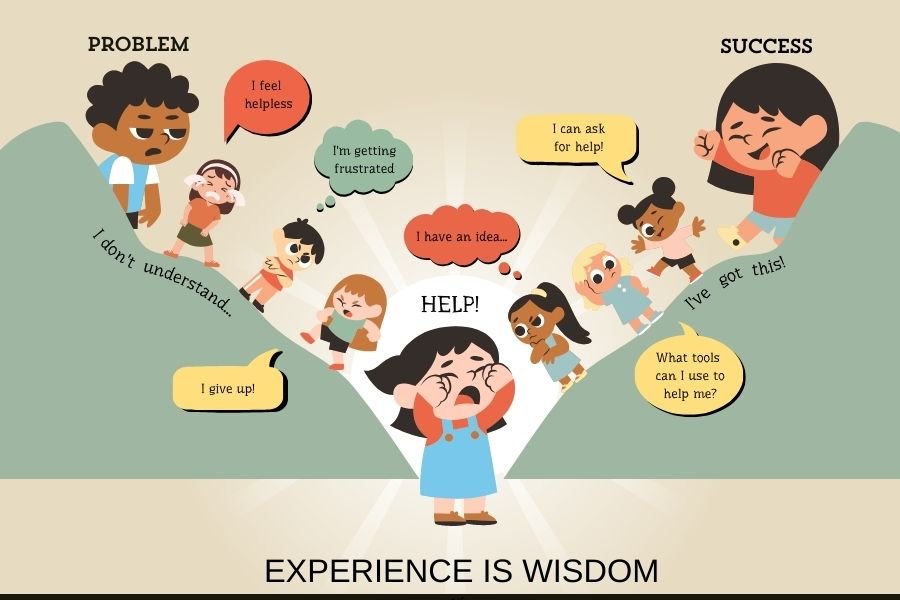The Skill Set that Makes a True Leader
Emotional intelligence is more or less a prerequisite to progress in the corporate world. However, what is the skills and abilities associated with emotional intelligence?
Over time, it has been well established that emotionally intelligent people make better leaders. The reasons for this are fairly evident too. From being better at conflict resolution to taking better decisions, promoting overall growth, and working as a team, emotionally intelligent people have the skill sets and abilities required. However, the definition of emotional intelligence is slightly ambiguous as the skill sets and the abilities are overlapping and cannot be taught through direct instruction. Therefore, recognizing the skills and abilities that can lead to the development of emotional intelligence is imperative in developing the same. Some of these traits are discussed as follows:
Self-Awareness
Emotionally intelligent people are aware of their strengths and recognize their limitations. They have a clear understanding of their emotions and beliefs. They know what motivates them and what can be a deterrent in their path of success. These people can recognize and manage their emotions better and have the ability to perceive the feelings of others. Based on the same they have the ability to make better decisions by taking a practical approach. Furthermore, they can use their skills to motivate their team and lead to better performance.
Self-Regulation
Self-regulation is the ability to manage and regulate your own emotions. It includes the ability to step back and analyze a situation before impulsively reacting to the triggers. This is largely based on self-awareness, if a person is aware of his or her emotions and what triggers an extreme reaction, he or she would be able to recognize the feeling and respond appropriately, and it, therefore, acts as the foundation for self-regulation.
Social Skills
Emotionally intelligent people have well-developed social skills and these include the ability to communicate clearly and without bias. They are nonjudgemental and can base their communication on facts and figures. They realize that success in most situations is a result of teamwork and use their social skills to motivate their team to be more involved and perform better.
In any organization, trust, faith, and a shared vision are a prerequisite for success. Furthermore, achieving goals requires collaboration and communication, and emotionally intelligent people have the sill set required to maintain and sustain professional relationships. Their abilities and skills are based on an understanding of themselves and their environment and these are their stepping stones to success.
by Latika Sakhuja















